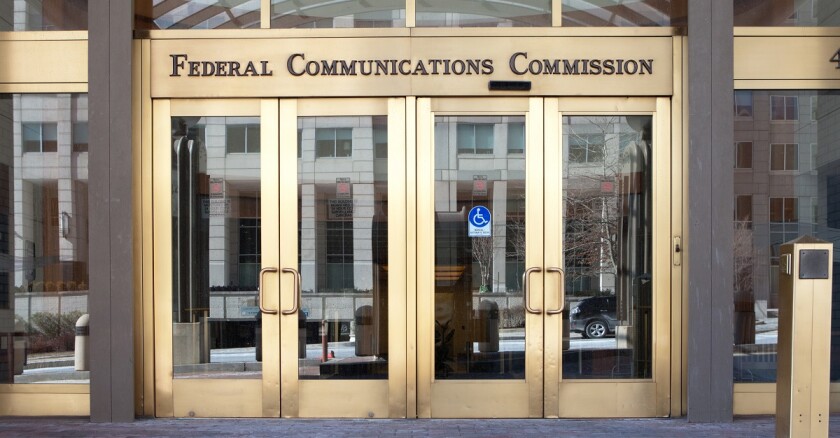A Competitive Carriers Association (CCA) white paper released yesterday estimates the FCC could “improperly send” anywhere from $115 million to $1 billion to “wealthy, densely populated census blocks that have one or more service providers offering high-speed broadband.”
The money comes from the Rural Digital Opportunity Fund (RDOF), which was awarded to areas in an initial phase last year based on Form 477 data, a widely criticized set of information.
The CCA paper argues that funding was unfairly awarded to areas like Fisherman’s Wharf in San Francisco; parts of downtown Chicago; “some of the largest and busiest airports in the world”; and tech-heavy locations such as Apple Headquarters in Cupertino, Calif.
“[T]hese areas have median incomes or population densities well above the national average and, by extension, are very likely already to have access to 25/3 Mbps broadband service,” the paper said. “Indeed, spot checks of addresses within many of the census blocks slated to receive support revealed that many of these areas have access to multiple, competing broadband service providers offering services in excess of 25/3 Mbps.”
Using the FCC’s own maps as well as speed test data from Ookla, the paper examines the aforementioned geographic areas one by one in detail, explaining how one can deduce that the areas are likely already served by broadband providers, especially compared to less populated and less affluent regions.
In one example, the paper identifies Stroger Hospital in Chicago as a location that probably doesn’t need federal funding for high-speed Internet access, as it is “surrounded on all sides by Ookla tiles that exceed the Commission’s 25/3 Mbps threshold many times over.”
“For the RDOF results to withstand scrutiny,” the paper continued, “one would have to suspend disbelief and surmise that Stroger Hospital — a facility that enjoys significant financial resources and presumably cannot provide life-saving medical care today without more than primitive broadband access — lacks 25/3 Mbps speeds when every single adjacent location (including other medical facilities) has access to fixed and mobile broadband far exceeding the FCC’s minimum download/upload criteria.”
The CCA paper isn’t the first document to question the FCC’s recent broadband awards. In December, a Free Press article indicated the FCC seems to be sending money to places that one tends to associate with the rich and resourceful.
“These luxury resorts, homes and golf courses are a few miles away from cramped low-income housing developments where many of the residents worry about making rent and whether they can feed their kids three meals a day now that schools are closed,” the article said. “For these families broadband isn’t a luxury; it’s a necessity.”
The awards mentioned above were given when Ajit Pai was FCC chair. Just before Pai left his position, the FCC started taking steps toward accurate broadband data.








